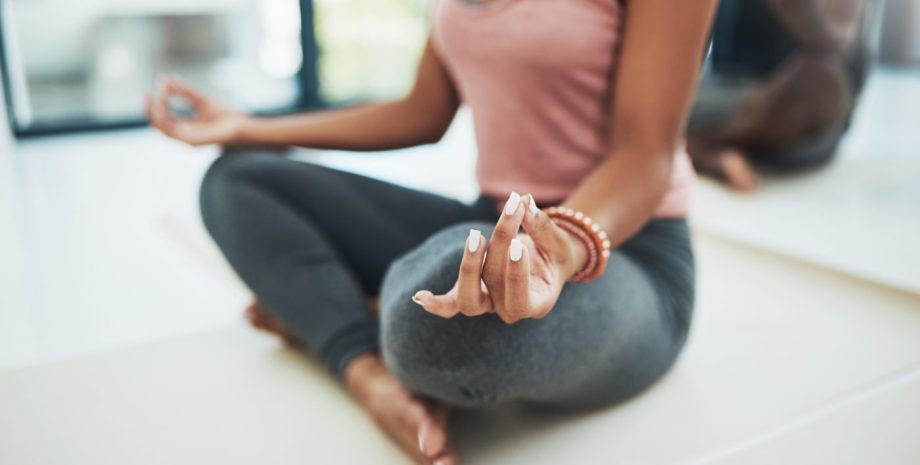

While only about 1 in 50 experience symptoms severe enough to be diagnosed with BDD, many more of us have had some issues with our bodies at one time or another. We may even have tried extreme diets, or looked into plastic surgery, to address them. There are many causes that may contribute to these issues. Genetics, neurochemistry, and our backgrounds and histories all may play a part. But whatever the causes, one thing is certain: We shouldn’t have to live with these feelings, severe or otherwise.
Here are some ways to start seeing your body—your whole body—in a more positive light.
Know Your Body the Best
When it comes to bodies and beauty, there’s so much out there to obsess over. Supermodels, Instagram stars, reality TV queens. It’s all in fun unless we start fooling ourselves about it having any basis in reality. Magazine covers are photoshopped, swimsuit models get professionally taped and tucked, and professional photographers—even Instagrammers—get really good at knowing the most flattering angles to highlight.
Instead of obsessing over images, get to know your own body the best. Honestly, and with love. Notice the amazing way everything works together. Remember that none of us are immune to gravity—or time. Realize that being alive and having a body—let alone a human body—is kind of a rare deal in the universal scheme of things.
Move Your Body—Just for the Joy of It
Having a human body isn’t just about having a human shape. It’s also about what your body can do: How it can twist, turn, bend, move, and stretch. How it can walk and run, jump and climb. And moving it isn’t just great for your body. It’s great for your mind, too. Recent research highlighting the critical connection between large leg muscle movements and neurological health make it clear. Moving around is intimately connected with our overall well-being. And moving around outside is great for mind, body, and soul as well.
Take the Time to Listen to Your Body
We have more competing for our attention than ever. More screens, more friends, more events, more life in general. So taking the time to listen to your body takes intention. Turn off your phone, your TV, your computer. Take time away from friends and family. Take off your shoes, your socks, your glasses if you wear them. Put on comfortable loose-fitting clothes. Just be with your body, breathing, and as you breathe, pay attention to every part of your body in turn. You’ll be surprised by what it may tell you, and how much more in tune with yourself you’ll feel afterward.
Eat for Your Body
We hear the word “diet” a lot, and the word “nutrition” a lot less often. What’s the difference? When we “diet,” we tend to be focused on very specific, short-term goals: weight loss, beauty, athletic performance. We tend not to be focused on the overall picture.
“Nutrition,” on the other hand, is focused on the nutrients in food and what each of them does for your body. What do your cells and organs need? What’s good for your heart? What’s good for your mind?
We know the advice you get on nutrition seems to change from year to year—even month to month. It’s hard to know what’s best. Consider joining a wellness class or support group to get back to nutritional basics.
Write Down What You’re Feeling—Inside and Out
This may seem like an odd recommendation. How does writing down your feelings have anything to do with your body?
For one thing, it helps you keep better track of how your feelings, both physical and mental, change over time. And when you better understand your journey through time, it’s easier to understand the things you may need to change to feel better.
Say there’s a conflict that’s been causing you to lose sleep over the course of a week. The lost sleep has been sapping your energy, and you’ve been snacking—not always healthfully—to keep your head up. That’s three different parts of your life that are out of balance, all of them not so obviously connected. A journal can help you make those connections.
Ask for Help If You Need It
True BDD—like related conditions such as depression, social anxiety disorder, obsessive compulsive disorder, and eating disorders—should be treated seriously with the help of a counselor or other health professional. If your anxiety or shame about your body is affecting your life on a daily basis, or if you feel like it may be headed that way, don’t hesitate to ask for help.